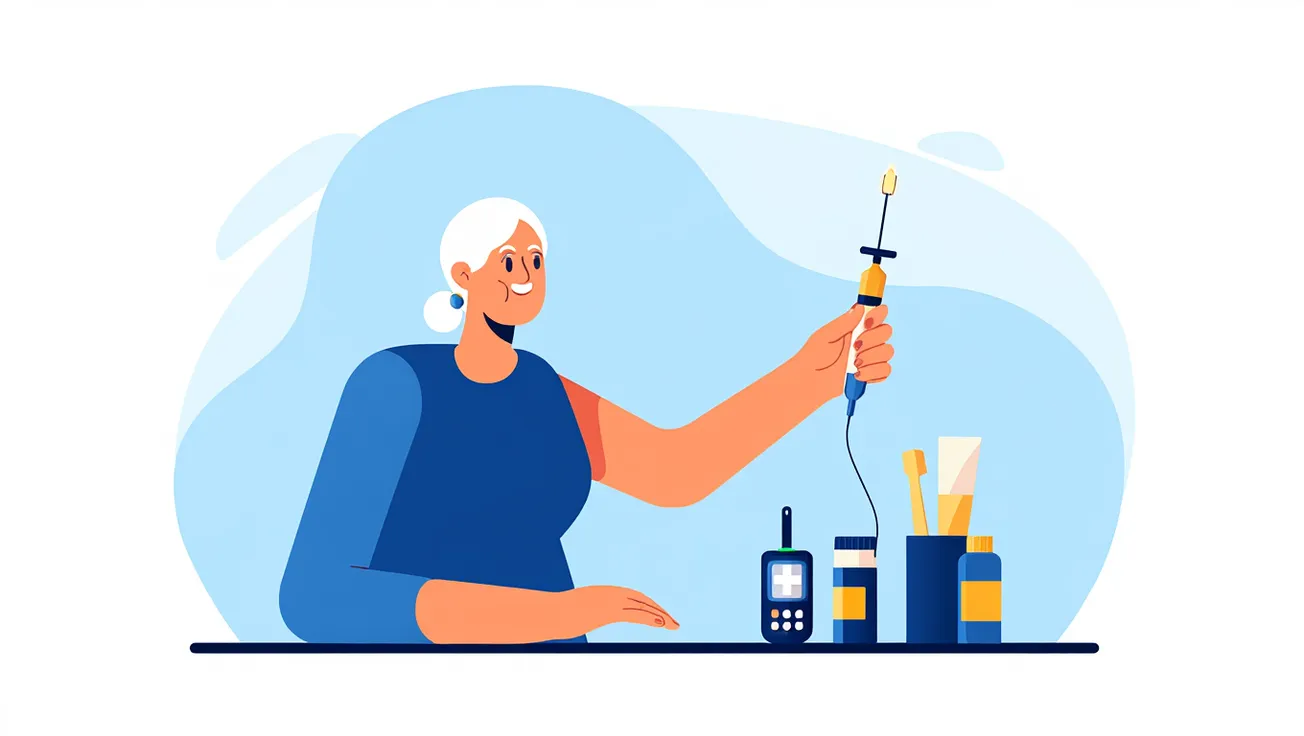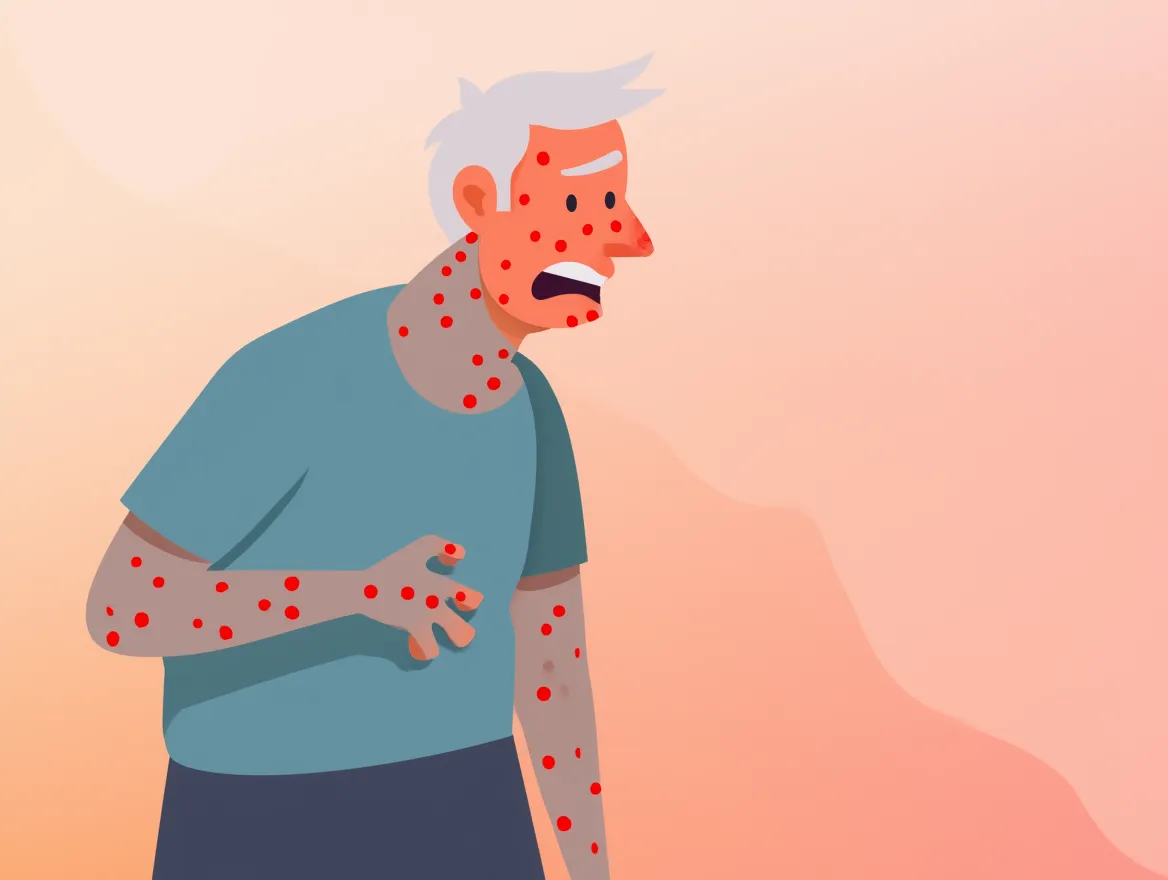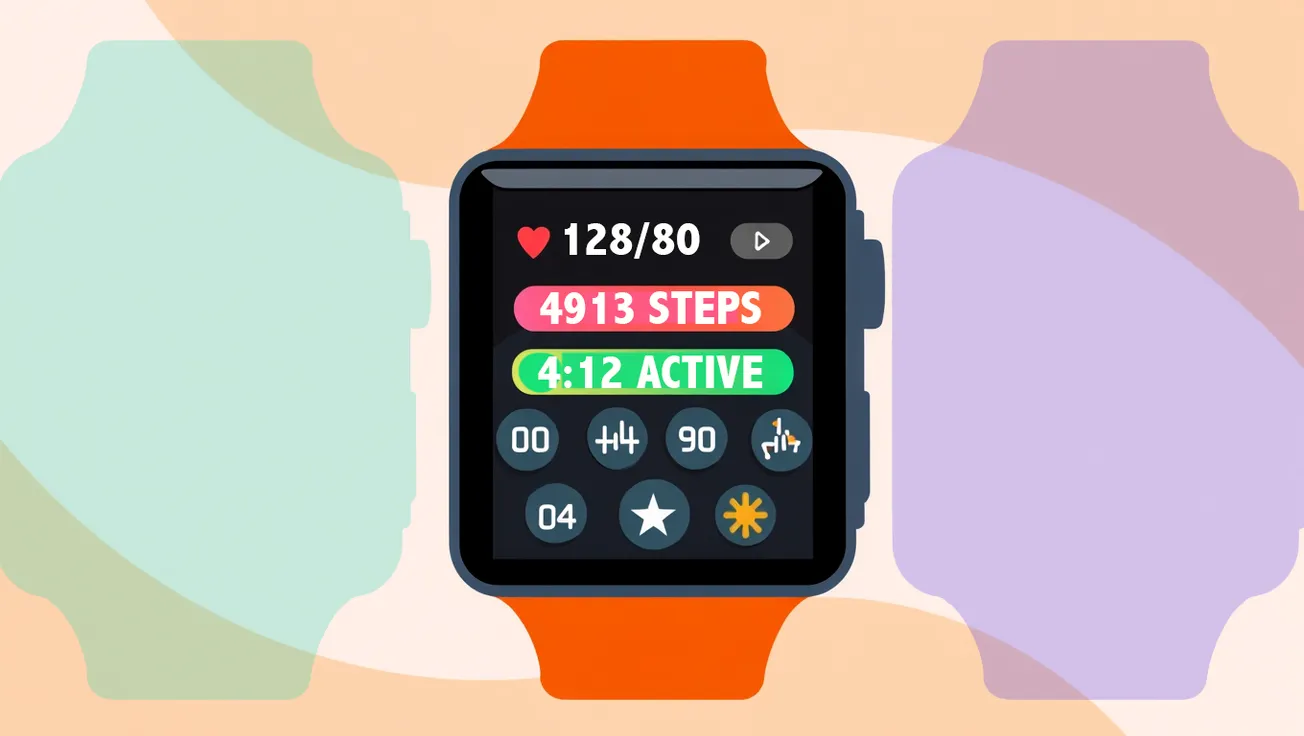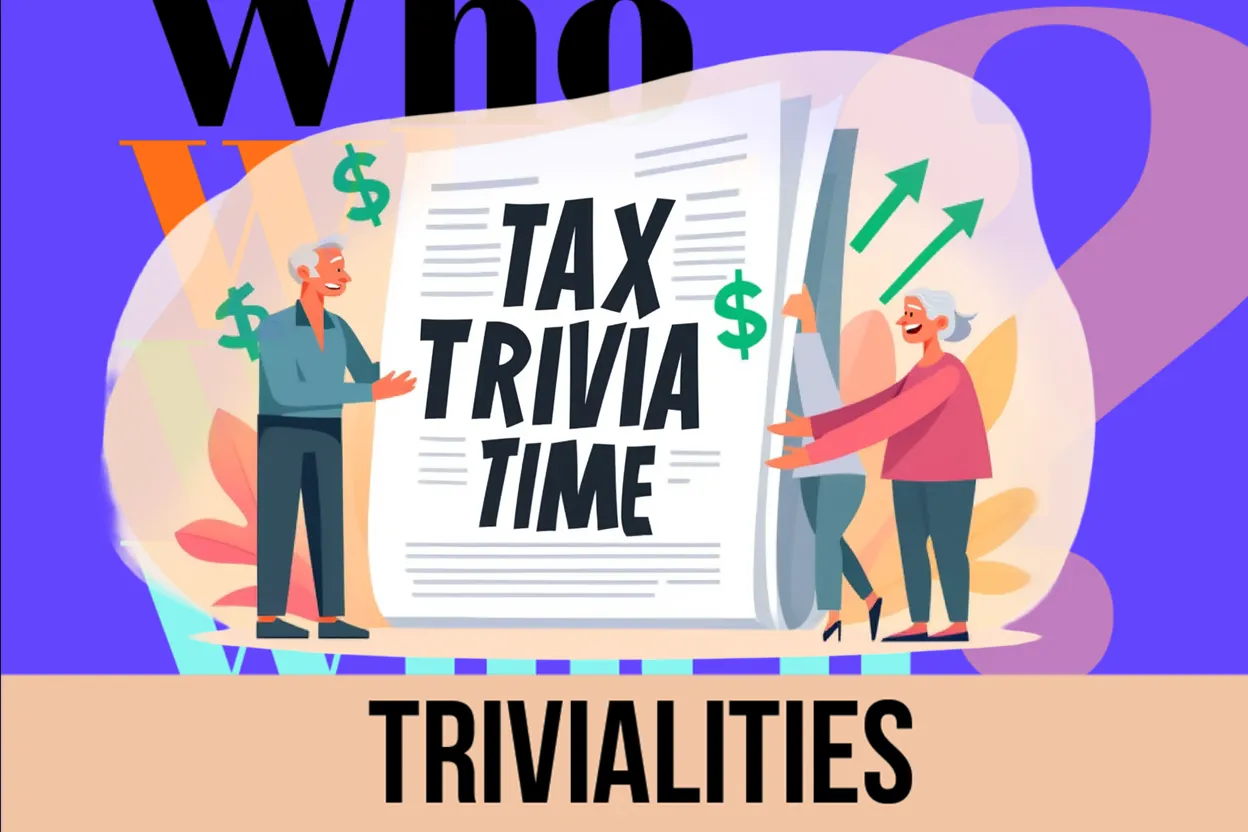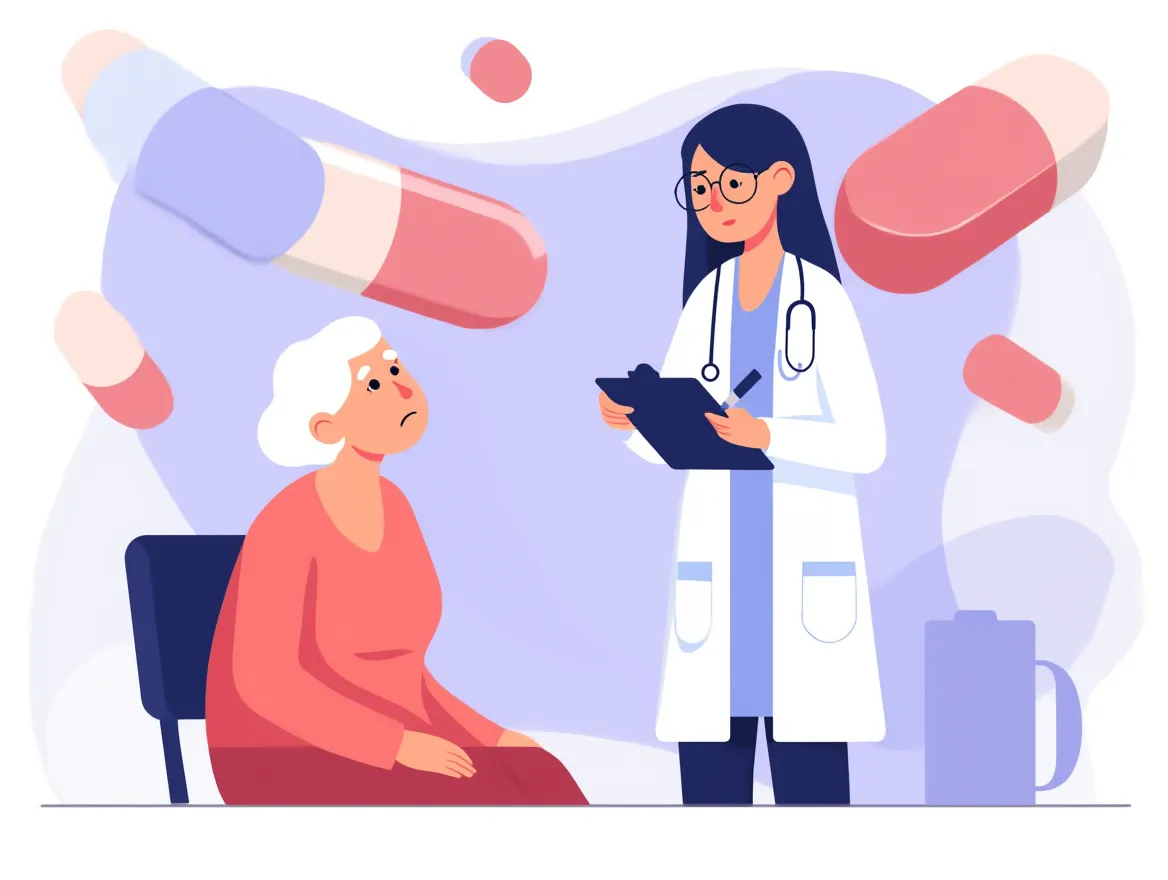The Takeaway
- Medicare’s Diabetes Prevention Program is free if you’re eligible.
- It focuses on diet, exercise, and lasting lifestyle changes.
- Participants meet in group sessions, in person or online.
- Specially trained coaches provide step-by-step guidance.
- Many participants report losing weight and lowering risk.
Imagine sitting in your doctor’s office, hearing the words “you’re at risk for type 2 diabetes.” It’s not a diagnosis anyone wants—but it’s also not the end of the story. Medicare is offering a way to step in early, at no cost, with its Diabetes Prevention Program (MDPP).
What the program includes
The MDPP is designed for people at risk of developing type 2 diabetes. Instead of waiting for problems to appear, the program helps participants make small, realistic changes in diet, activity, and habits.
- Group sessions: You’ll join others with the same goal, meeting regularly over 12 months. Some programs continue beyond a year for support.
- Trained coaches: These aren’t just general fitness leaders. They’re specially trained to help seniors set realistic goals and stick to them.
- Practical tools: Expect lessons on portion sizes, how to fit more activity into daily life, and ways to handle common obstacles like stress eating.
And yes—weight loss is a big part of it. Medicare says many participants see the pounds come off naturally once they make sustainable lifestyle shifts.
Who’s eligible?
Medicare requires a screening to confirm risk. Generally, you may qualify if:
- You’re enrolled in Medicare Part B or a Medicare Advantage Plan.
- You’ve never been diagnosed with type 1 or type 2 diabetes before.
- You have certain risk factors, such as high blood sugar (but not diabetes).
Your doctor can run a simple blood test to see if you’re in the at-risk range.
How to join
You can search for local MDPP providers through Medicare’s Find a Location tool. Programs may be held at hospitals, community centers, YMCAs, or virtually online. Always call ahead—some providers still only run in-person sessions, while others are expanding virtual options.
The first step is to talk to your doctor. Ask if you should be screened and whether you meet the criteria for referral.
Why this matters
Type 2 diabetes affects nearly 38 million Americans, according to the Centers for Disease Control and Prevention (CDC). Seniors are at the highest risk, but also stand to gain the most from prevention. Even modest weight loss—5 to 7% of body weight—can cut the risk of developing diabetes by more than half.
The MDPP gives seniors the structure, accountability, and support that can make prevention easier and more effective.
Disclaimer: This article is for informational purposes only and is not a substitute for medical advice. Always consult your doctor before starting or changing a health program.


